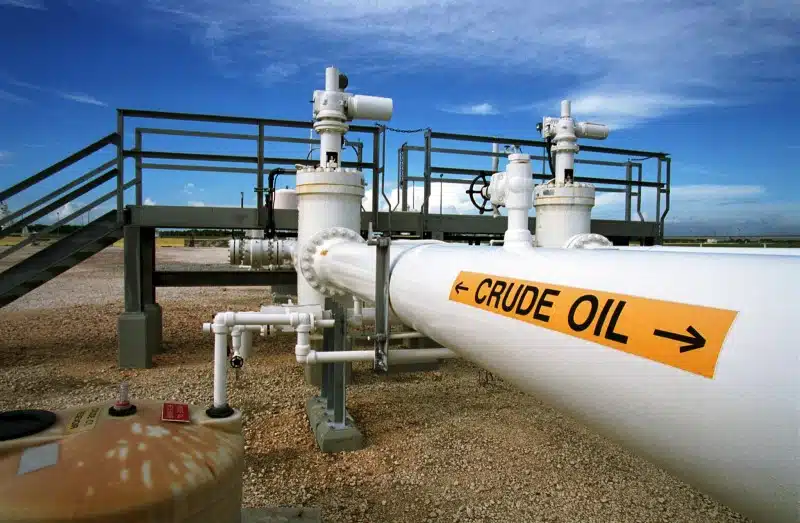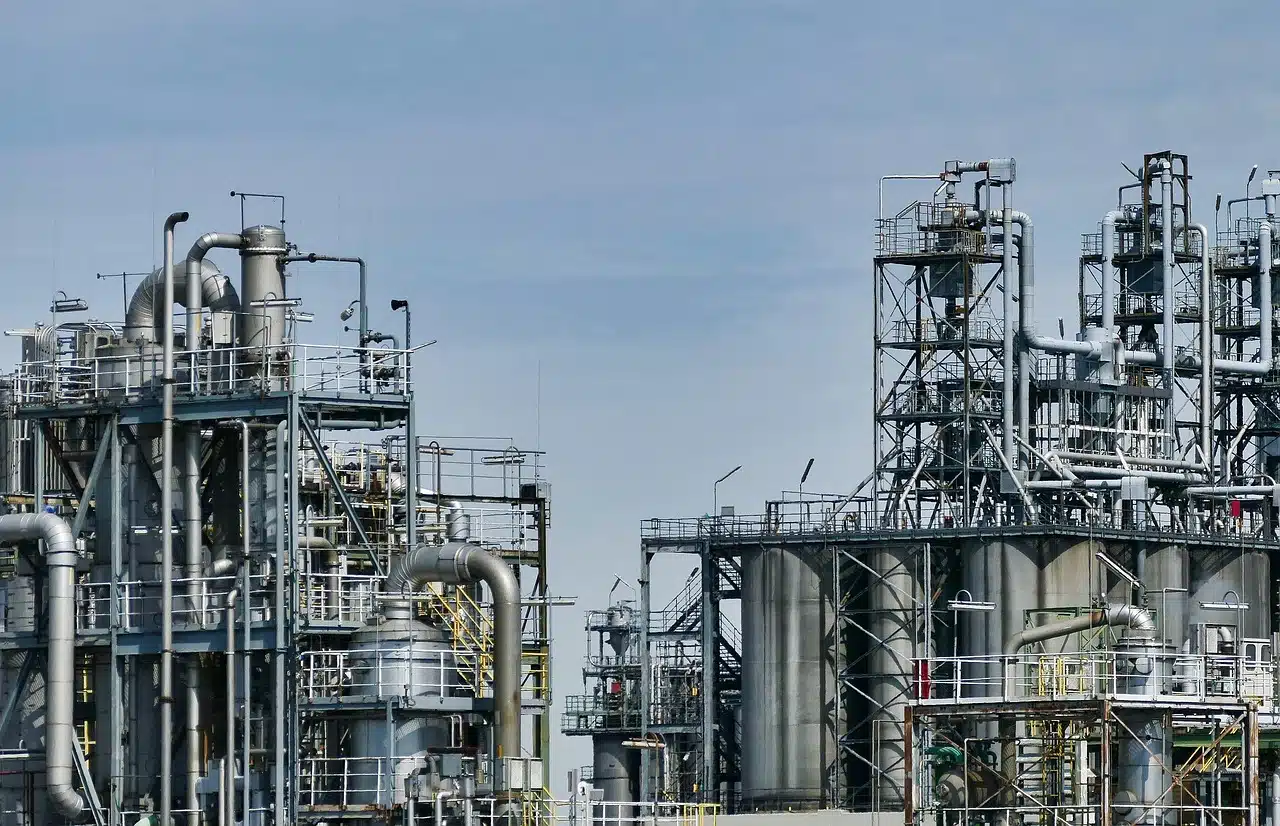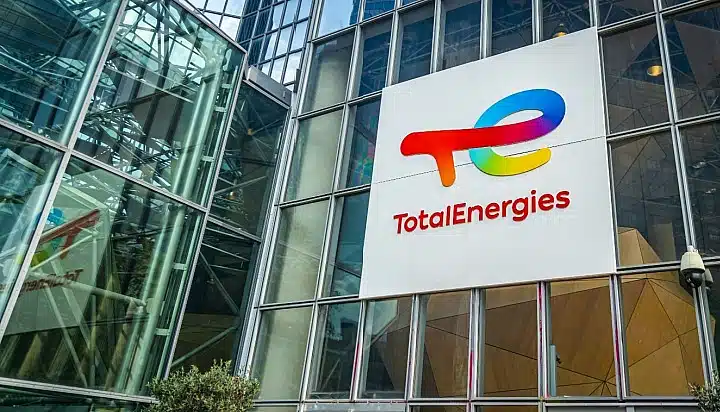Nigeria is on track to meet its ambitious oil production target of 2.06 million barrels per day (mbpd) in 2025, according to the latest 2025 Nigeria Budget and Economic Outlook report by PricewaterhouseCoopers (PwC).
The report, by the renowned tax and auditing firm, highlights some roadmaps on how Nigeria can achieve this optimistic projection in 2025
As of late 2024, Nigeria’s oil production averaged approximately 1.5 mbpd, a 5% year-on-year increase compared to 2023. And to reach the 2025 target, a 37% increase in output is necessary, the report says.
PwC’s analysis suggests that this goal is attainable if Nigeria, Africa’s largest oil producer, implements robust regulatory frameworks, tightens its security measures and attracts more investments into its oil industry.
The report also highlights two major investments in Nigeria’s oil sector that have the potential to enhance its production capacity.renowned
This includes commitments by Shell and TotalEnergies to allocate significant resources to the Bonga deepwater field and the Ubeta upstream gas field projects, respectively.
In 2024, both companies announced their next steps on key projects in Nigeria, which PwC anticipates will make a significant contribution to production growth.
The Nigerian government has stressed its commitment to achieving the 2.06 mbpd target in its 2025 budget proposal of N49.7 trillion.
The budget is pegged on an oil price assumption of $75 per barrel and includes a projected oil output of 2.06 million barrels per day.
Moreover, Budget Minister Atiku Bagudu has indicated that the proposed budget comprises a deficit of ₦13.8 trillion, approximately 3.87% of the estimated GDP. The forecast exchange rate for the budget is projected at N1,400 per U.S. dollar, reflecting an appreciation compared to the current official rate of N1,655.
Bagudu highlighted that the government’s fiscal efforts are on track, with non-oil revenue streams performing better than expected.
While the overall outlook is positive, PwC stresses that achieving the 2.06 mbpd target hinges on addressing key challenges, including the need to improve security in oil-producing regions to prevent disruptions; creating a conducive environment for both local and foreign investors; and implementing policies that facilitate efficient operations in the oil sector.
The report also notes that global oil prices and Nigeria’s production levels will significantly influence the country’s projected revenue growth.
Nigeria recorded an impressive trade surplus of N15.1 trillion in the first nine months of 2024, supported by increased crude oil exports, which grew by 122.1% over the period.
The 2025 budget and the 2025-2027 Medium Term Expenditure Framework (MTEF) are based on a global oil price of $75 per barrel, a benchmark PwC deems “most likely” achievable, given that the global average oil price in 2024 was $78.05 per barrel.











